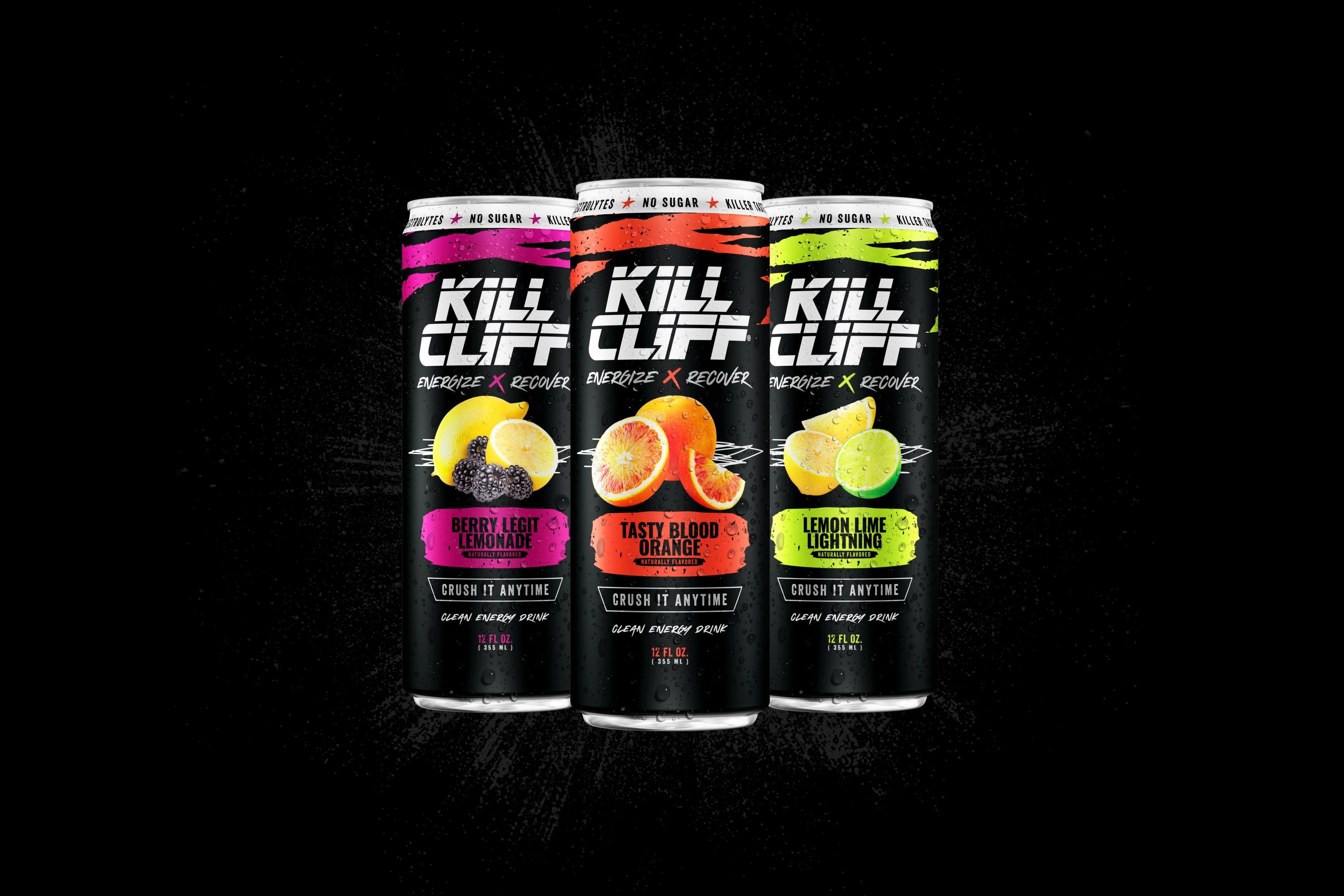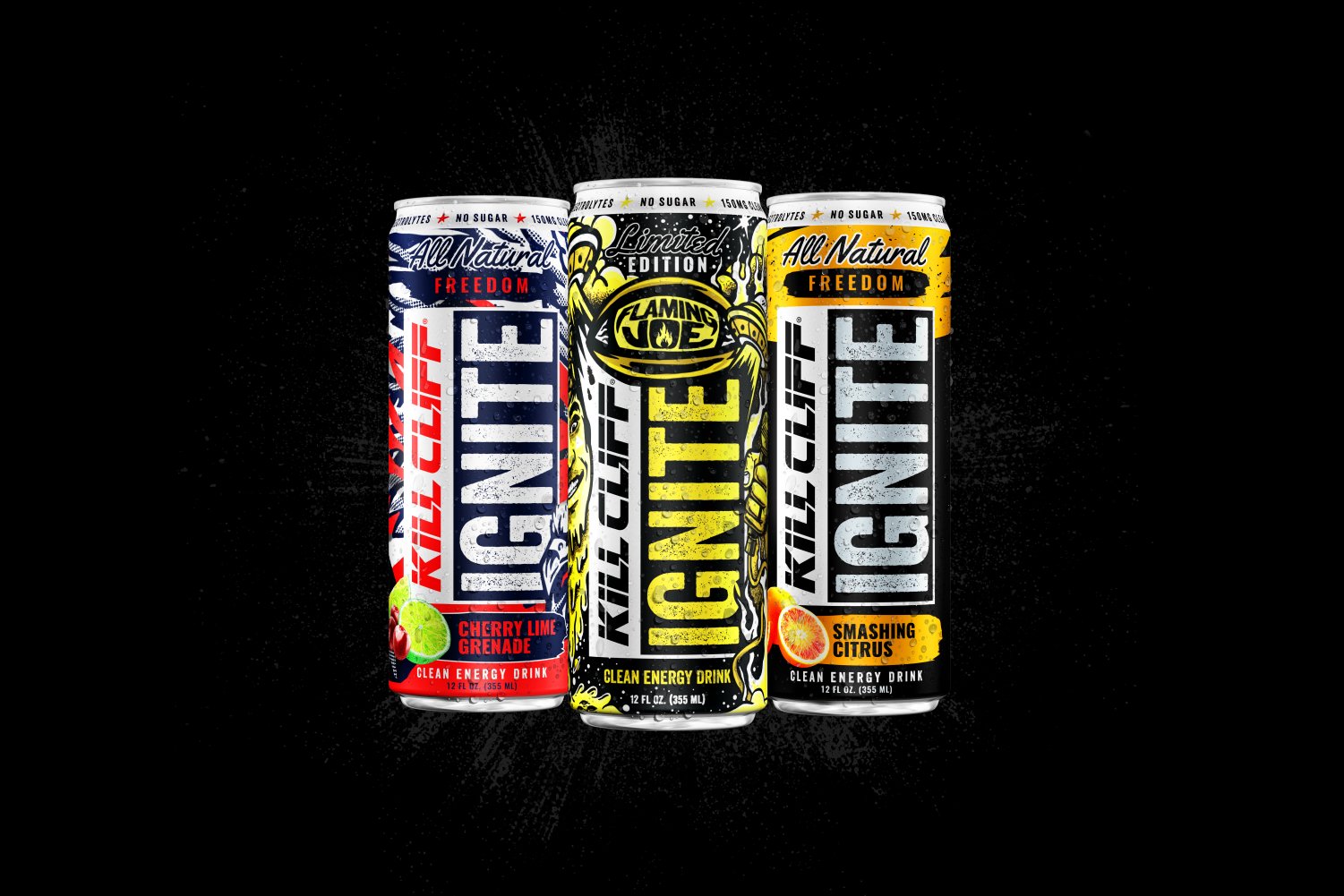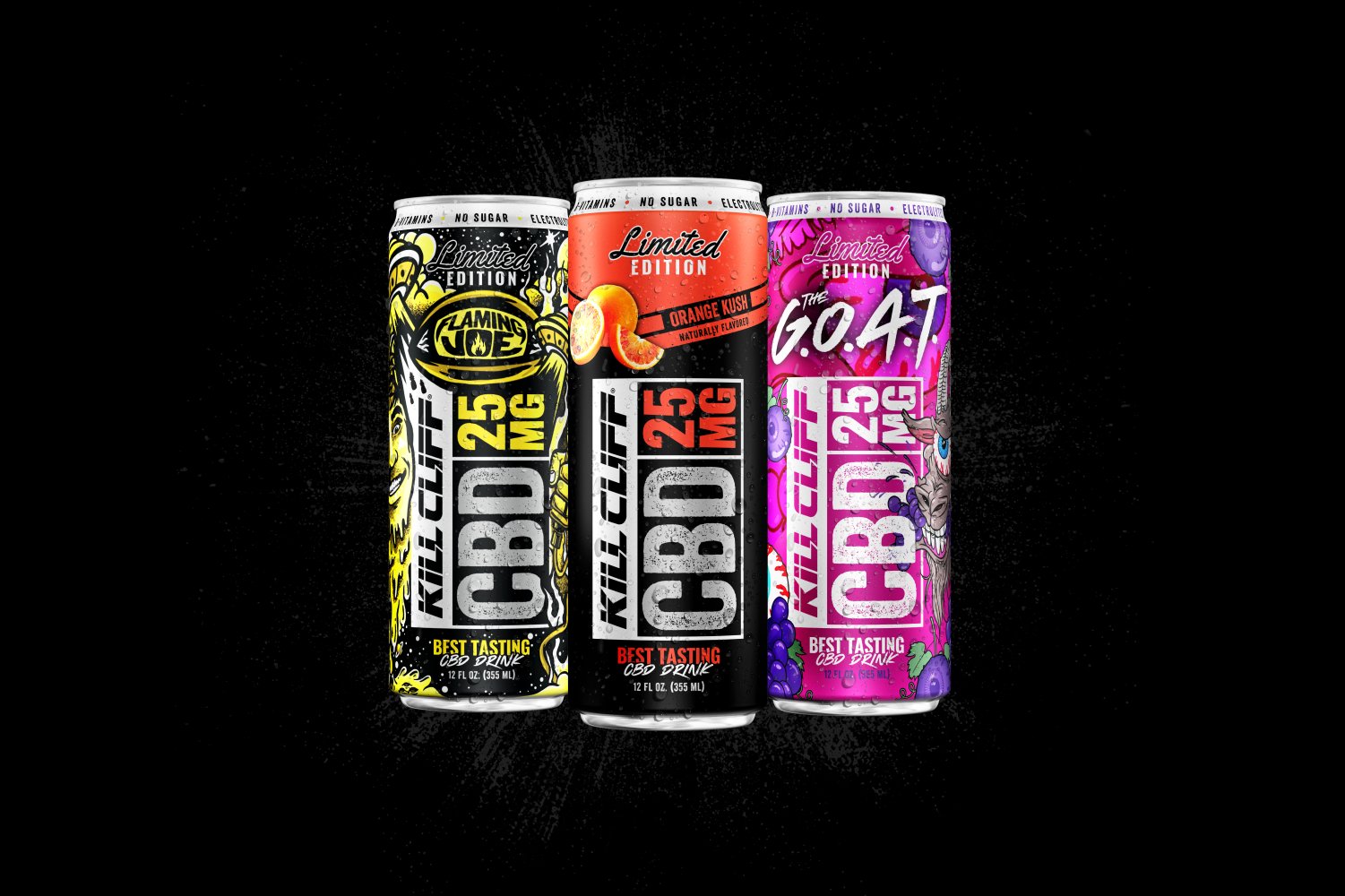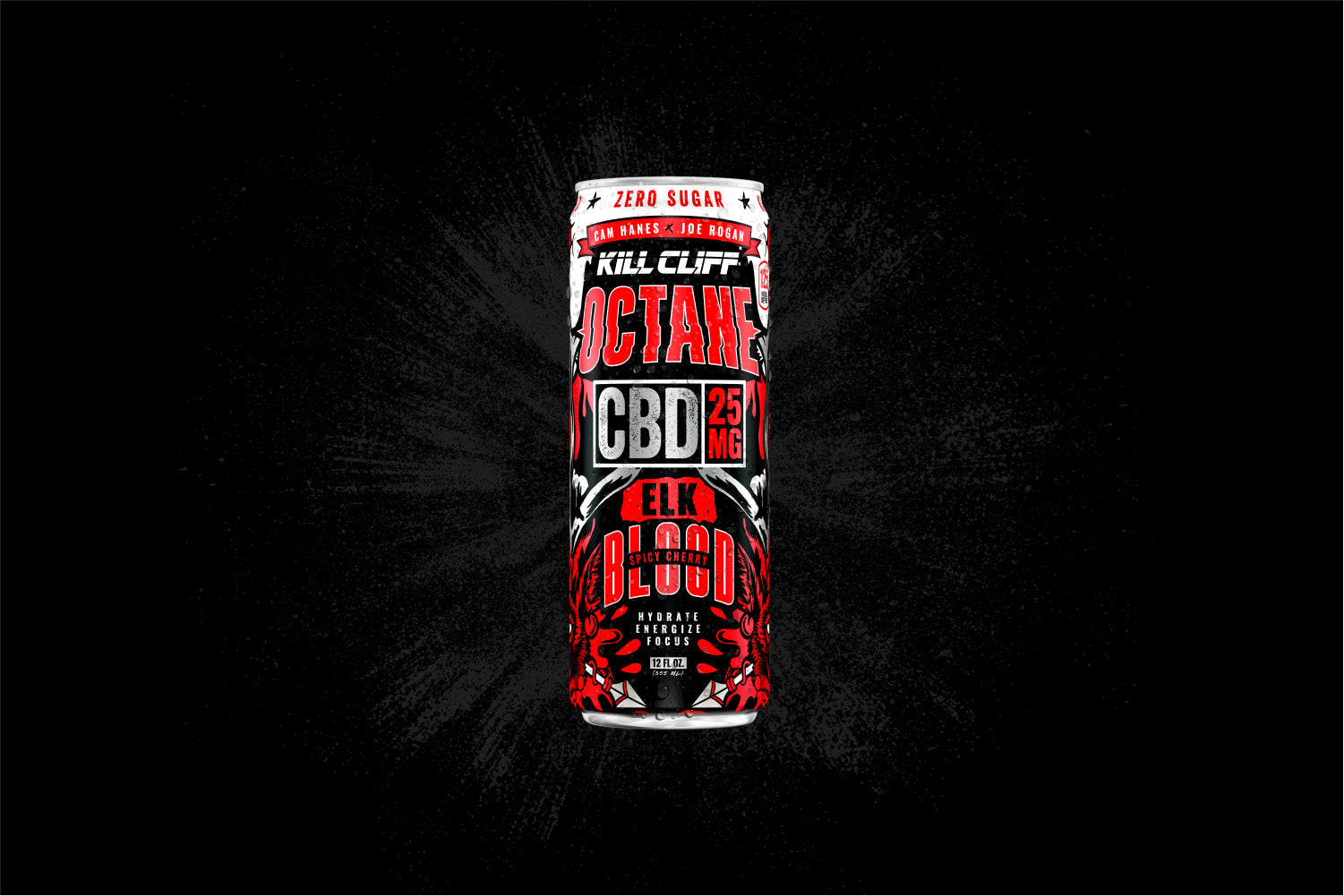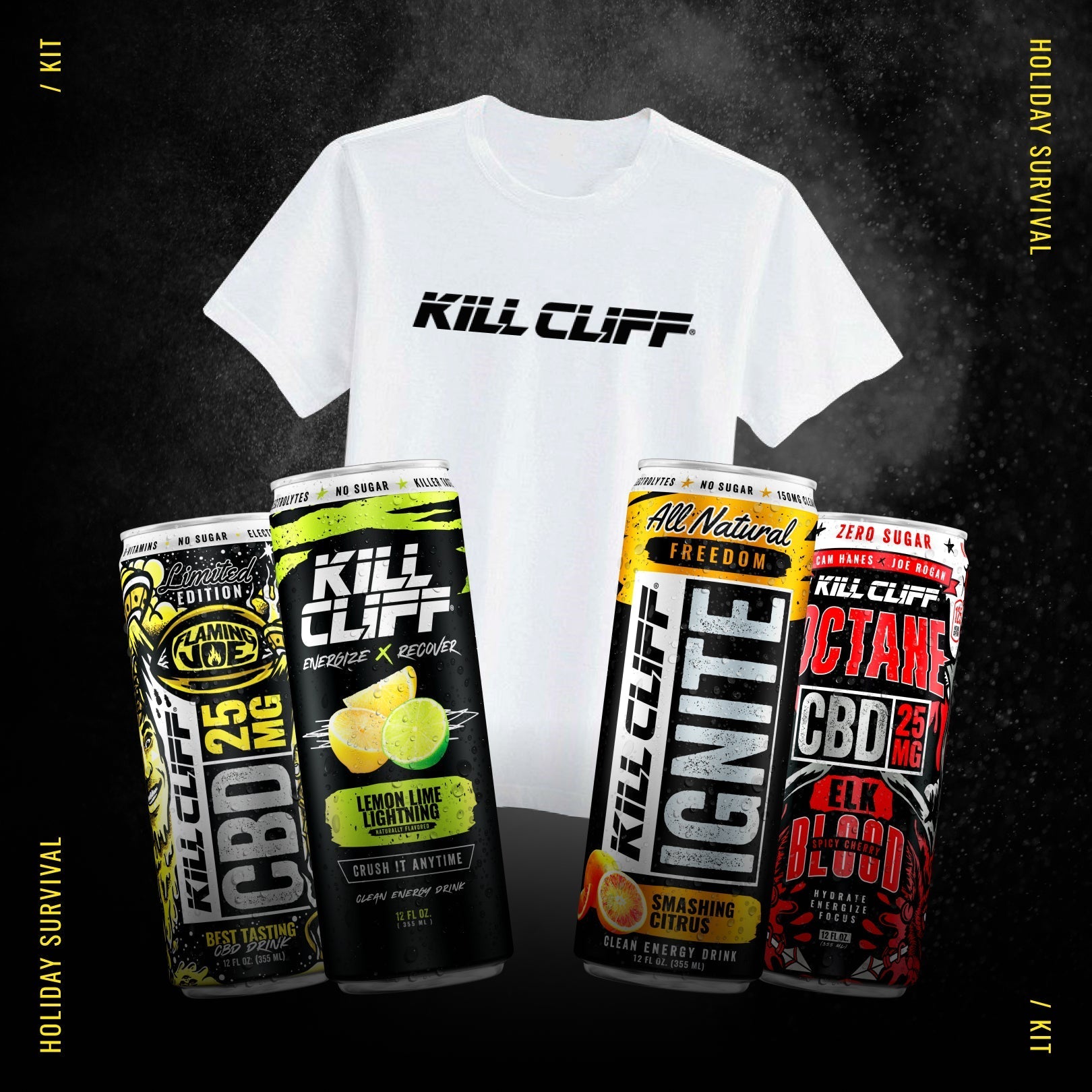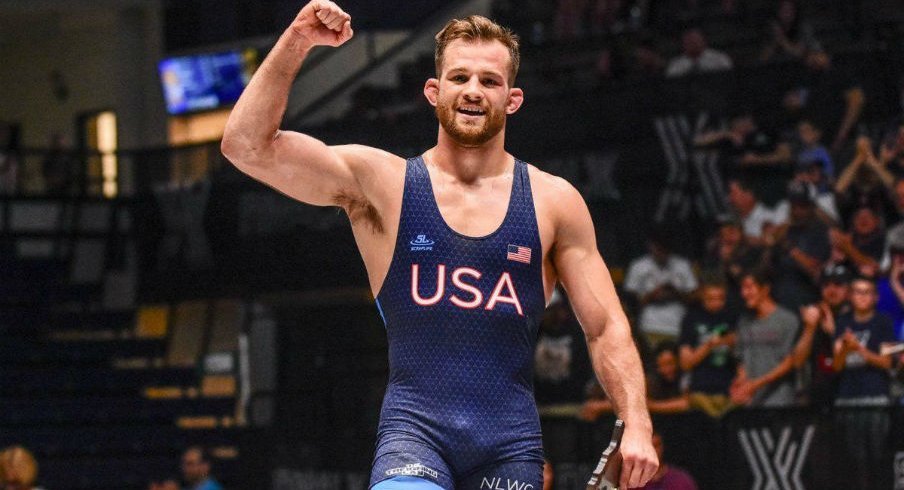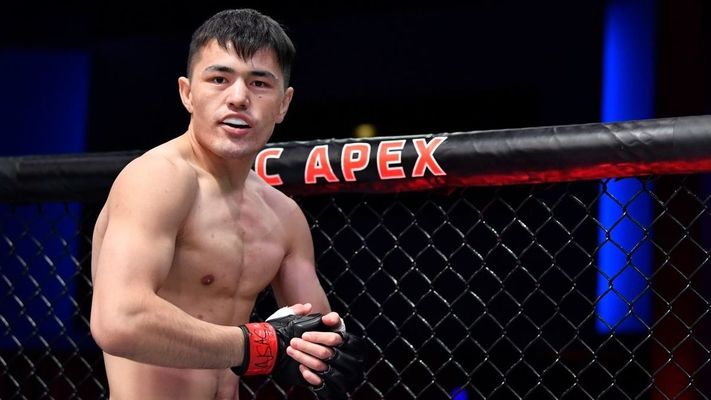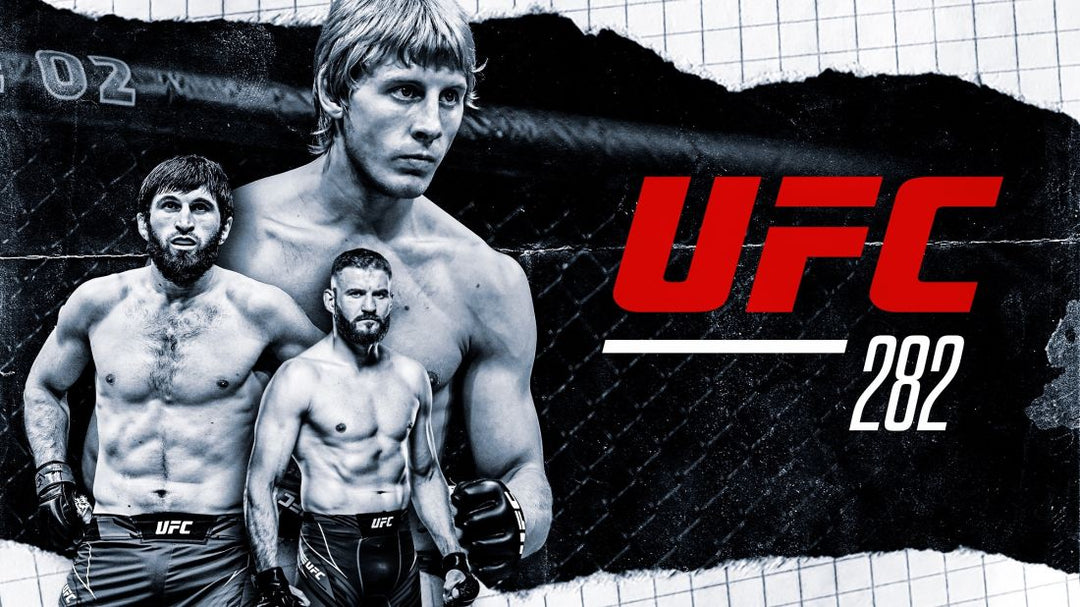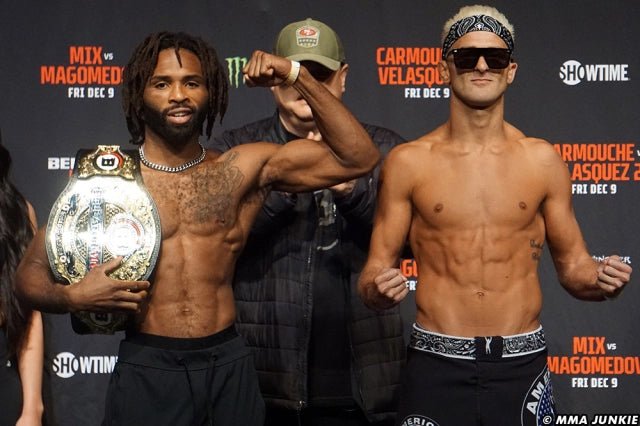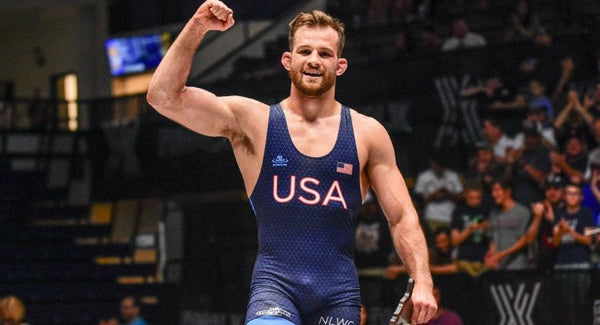
At a young age, David Taylor envisioned himself at the top of podiums. Dreams have become reality as Taylor has asserted himself as one of the best wrestlers in the world. His first-place finish at the 2018 World Championship's proved that to be true.
We talked with David about his childhood aspirations, legendary coaching, his storied Penn State career, and Olympic dreams. Read about all of that in the interview below.
KC: You grew up training with wrestling legend Cael Sanderson and his family. How important was that to your development as a young wrestler?
DT: My family lived in Wyoming when I was younger. As I was becoming more and more hungry for the sport, we would drive an hour and twenty minutes to train with Cael and his family. The biggest Impact Cael had on me was teaching me how he competed and wrestled. He was going out and scoring a lot of points which broke the narrative of low scoring matches. Cael and his family competed differently and brought a different intensity to wrestling which impacted me greatly. I followed him to Penn State which helped me evolve as a competitor.
KC: You followed Cael to Penn State where he was the coach. Together, you won two NCAA titles and were named the nation’s best college wrestler of the year twice. Looking back, what were your favorite memories during your storied college career?
DT: A few memories that stood out to me were my biggest matches. My first watch at PSU was one of those. Pennsylvania has a long history of wrestling and PSU has a large following. Ed Ruth and I were both freshmen making our first appearances in front of a sold-out crowd in Rec Hall, so there was a lot of excitement for us as a duo. In my first match, I pinned my opponent. The crowd went crazy and I realized that I wanted to score points and follow the path of Cael.
My first national championship as a sophomore meant a lot of me as well. As a freshman, I went undefeated until my final match at the NCAA championship. I made it back to the finals the following year and redeemed myself in the final with four pins and tech falled my opponent. I was able to come back strong after falling short, which was a big moment for me.
My last match as a senior was also one of my favorite memories. I won my second national championship and immediately ran to Cael and gave him a big hug. We have been through a lot together and I thought of it all during that hug.

KC: You’ve continued your success into Team USA wrestling and just recently won the World Championship gold medal in the 86kg weight class. Can you describe what it feels like to be named a World Champion?
DT: It’s something that only ten people in the world can say that they’re a world champ. I started wrestling at 5 years old. I was fortunate to be around good coaching and partners while being surrounded by people in my corner encouraging me. I’m grateful for those people and opportunities. It’s special to compete for the USA. I’ve been really hungry to compete as a world champ. When I was 8 years old, I wrote down that I wanted to be a four-time state champ, four-time NCAA champ, and a world champ. I’m still hungry to work towards the Olympics in 2020.
KC: It’s one thing to represent yourself at a world championship as an athlete, but what does it mean to you to be representing the country and Team USA?
DT: My dad served in the military and my sister currently does. Because of that, I grew up with an appreciation that there’s something bigger than what we’re doing. I wouldn’t be able to do what I do without the people that served. I had always dreamed of standing on the podium while the national anthem was being played. When it finally happened, I had tears in my eyes because of all the sacrifices that were made to make it happen. I am grateful for the opportunity and try to represent our country the best I can every time I wrestle.
KC: What does your diet look like during the season?
DT: From a diet perspective, it’s changed a lot. I used to not focus on it and just focused on my wrestling. That worked for a while, but I realized that I needed to do more in order to take my game to the next level. In 2016, I started working with Sam Calavitta in the Treigning Lab out in California. He opened my eyes to the importance of nutrition and how to treat your body. I’m always monitoring what I eat and now the trajectory of my career has changed.
KC: What does Kill the Quit mean to you?
DT: I think Kill the Quit represents who you are as a person. Talent can take you to a certain extent, but you have to be able to give more than every opponent. I pride myself on wrestling with attitude and effort - never giving up my position. Giving up one position doesn’t mean you’ve lost, but you’ve got to keep focused on fighting back and continue to not giving up position.
